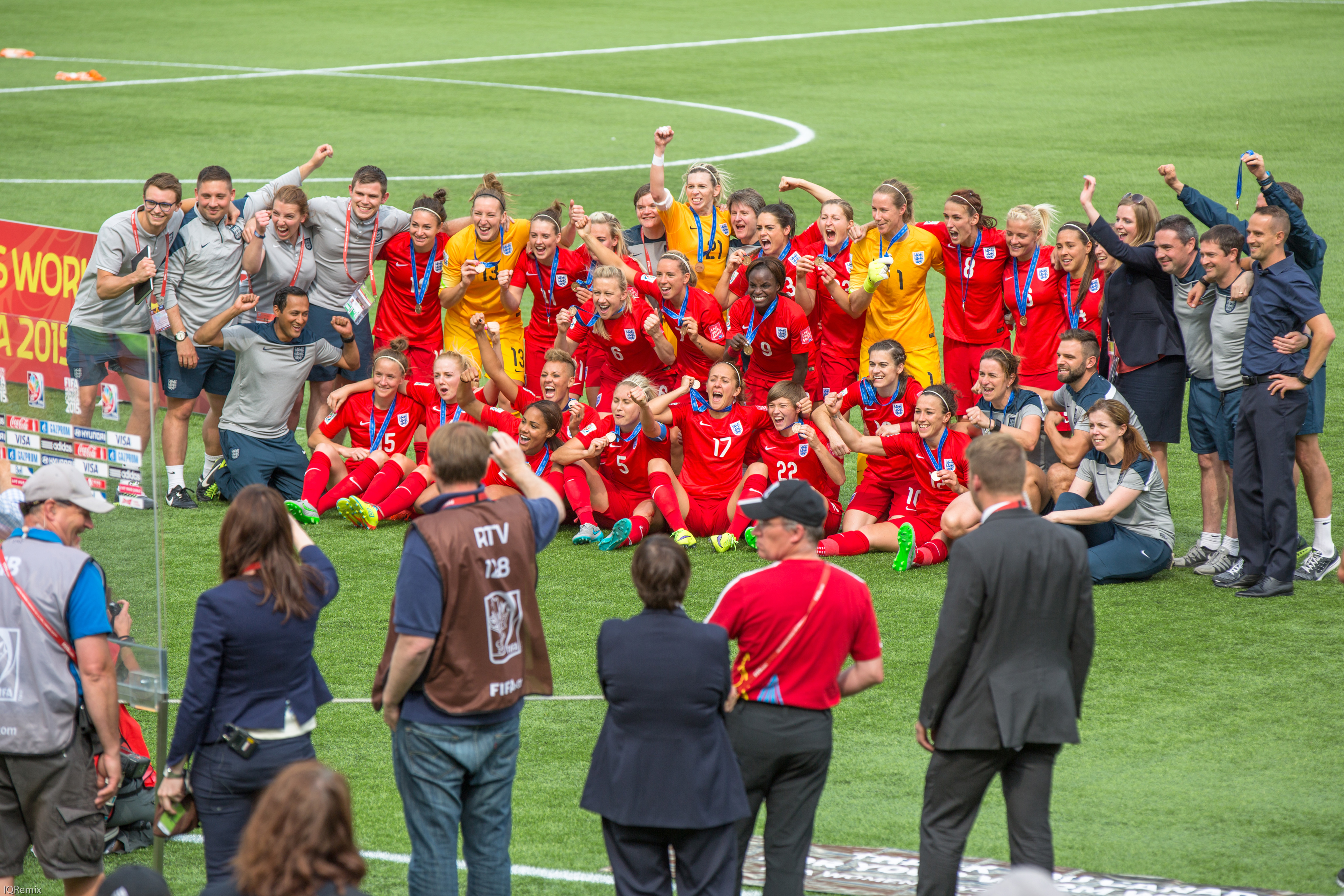Canadian women’s soccer rising

With the success of the national team, women’s soccer is finding its place
With the passing of the FIFA Women’s World Cup and the Canadian national team earning their best finish on the international stage, women’s soccer is on the rise in Canada.
For Wilfrid Laurier University women’s soccer star Emily Brown and head coach Barry MacLean, the event is a great chance to reflect on how the sport has progressed in Canada for females and what it means for the Laurier varsity program.
“Hosting an international event like the World Cup in Canada is just a huge cue for the country,” MacLean said. “I can only imagine that’s influenced a whole generation of young kids that are interested in the game and pursuing it more aggressively.”
“I think it allows people to get more involved,” echoed Brown on having these international events at home. “It also has an impact on the players themselves. I think it motivated the athletes: the amount of support they get and to know their country’s standing behind them.”
As an athlete, Brown took a lot away in particular from watching the national team’s captain Christine Sinclair play during the World Cup. Since both of them play forward for their respective teams, Brown can watch Sinclair play her position and study what she does to be successful.
As a veteran on the Golden Hawks and an Ontario University Athletics recognized athlete, Brown also speaks on the drive that international games can create. She says the goal for a lot of young players is to make the next best team, whether they are playing house league and trying to get rep, or moving up from rep to a high school team.
“For us to have a national team and watch what they’re capable of, young women can be able to aspire to be like them or even play for that team. It’s a huge motivator,” Brown explained.
For Brown, the rush of support for FIFA and Pan Am soccer this summer has been part of a much broader story on Canada’s history with the game.
“Whether it be coming out to your local soccer game, or going out and seeing your younger brother or sister play — every little bit of support counts in encouraging young girls and women to continue to strive to be better and play for better teams,” she said.
MacLean thinks the increasing national interest is a positive signal for the women’s game in particular, but can also see huge implications for university teams like Laurier.
“I think it’s going to change the number of players that are going to take the game seriously and look to play at the highest competitive level,” he explained. “The type of training they do and the commitment to their training will become more aggressive. I think it’s definitely a great cue for the younger players and the university system will see the rewards of that.”


